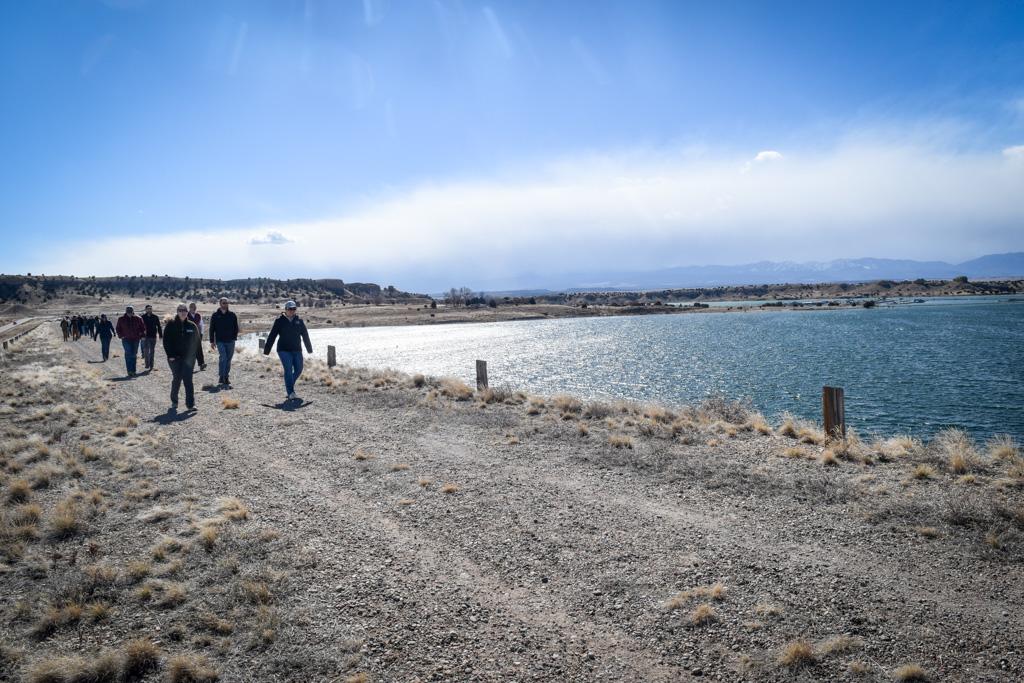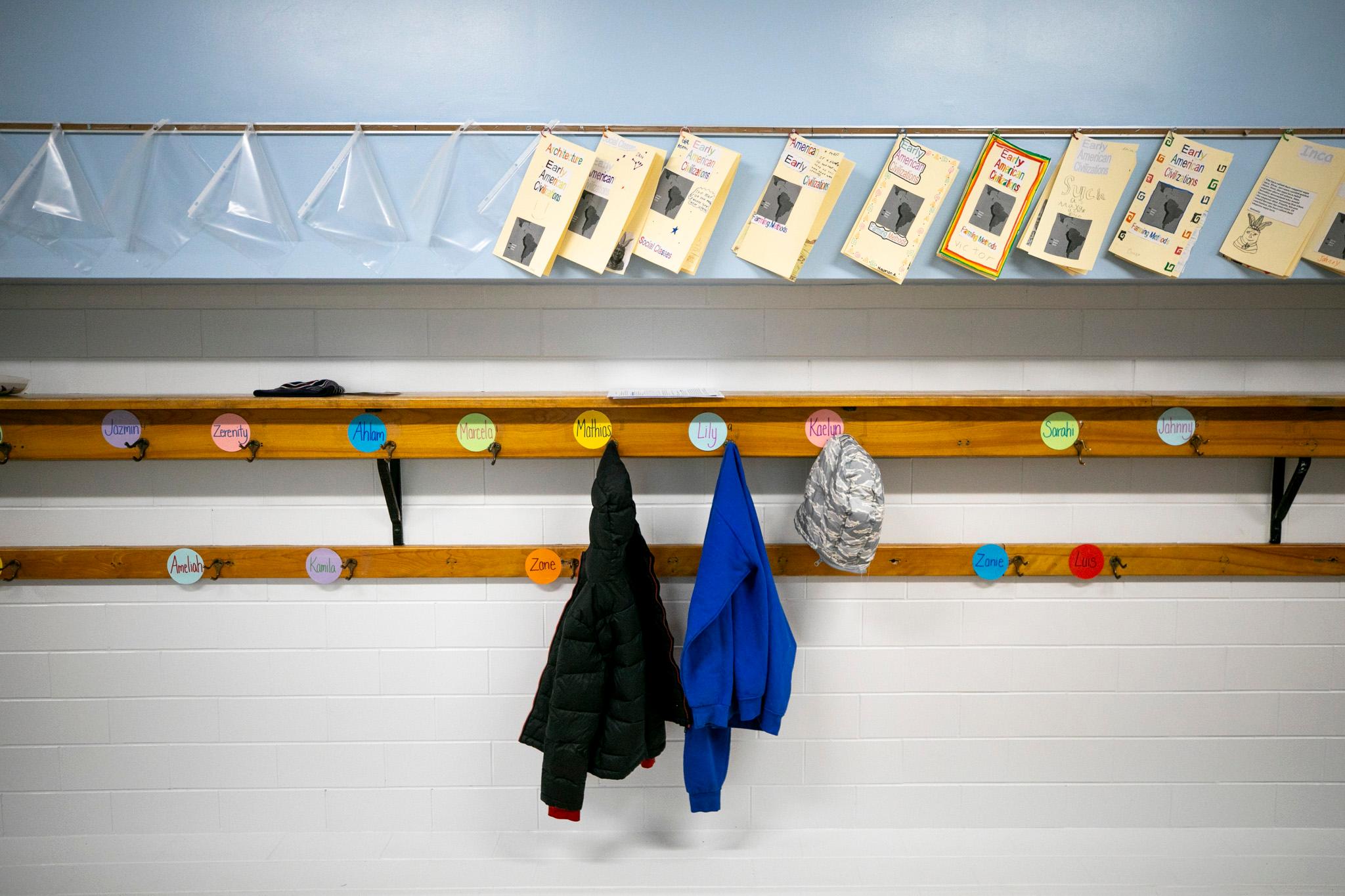
The final draft of Colorado's first statewide water plan comes out tomorrow, and there are two big ideas behind it. First, the state is predicted to be hundreds of thousands of acre feet short of its water needs by 2050. Second, people around the state are connected. Snow that fell in the mountains this week will help feed taps in Denver, fields in Weld County and rivers run by rafters next summer.
Gov. John Hickenlooper's administration encouraged water managers -- and users -- from around Colorado to formulate the plan. He chose James Eklund, head of the Colorado Water Conservation Board, to lead the effort. Eklund spoke with Colorado Matters host Ryan Warner.
Eklund on why the plan sets a specific conservation goal for cities but not for agriculture:
"The reason we don't set a conservation goal for agriculture is because the [agricultural] user has got to produce a crop. And if you're asking them to conserve water, that means they are fundamentally diverting less water and growing less crop. That is a private property right in Colorado. So, if you want to ask them to get more efficient on the other hand, they can amortize that out over time, that investment to move from, you know, flood irrigation to sprinkler irrigation, they can absorb that cost over time and make a business case as to why they should improve their efficiency."
On how the plan tries to protect flows in rivers across the state:
"We have about 1.5 percent of our rivers under some sort of a management plan... it's very small... Yet that is where we find ourselves with watershed health and stream flow management. We've got to get better at that and we need to do it really rapidly, so that we know where we need to spend our money on environmental projects."
On why the plan does not include penalties for falling short of the goals it sets:
"You look just to the West... California ended their year at 5 percent average snowpack, so we know that if you have to plan in a crisis, you sometimes have a really hard time at making everybody happy... Our plan, we believe, does quite a bit with the carrot approach."
On what he hopes will happen after the plan's release on Thursday:
"The challenges that we face as a state on water are so large that we have to really be hitting on all cylanders." Eklund says that includes pushing for new legislation and executive rulemaking, starting with his request for more flexibility in how the Colorado Water Conservation Board can spend the money it gets in appropriations from lawmakers each year.









